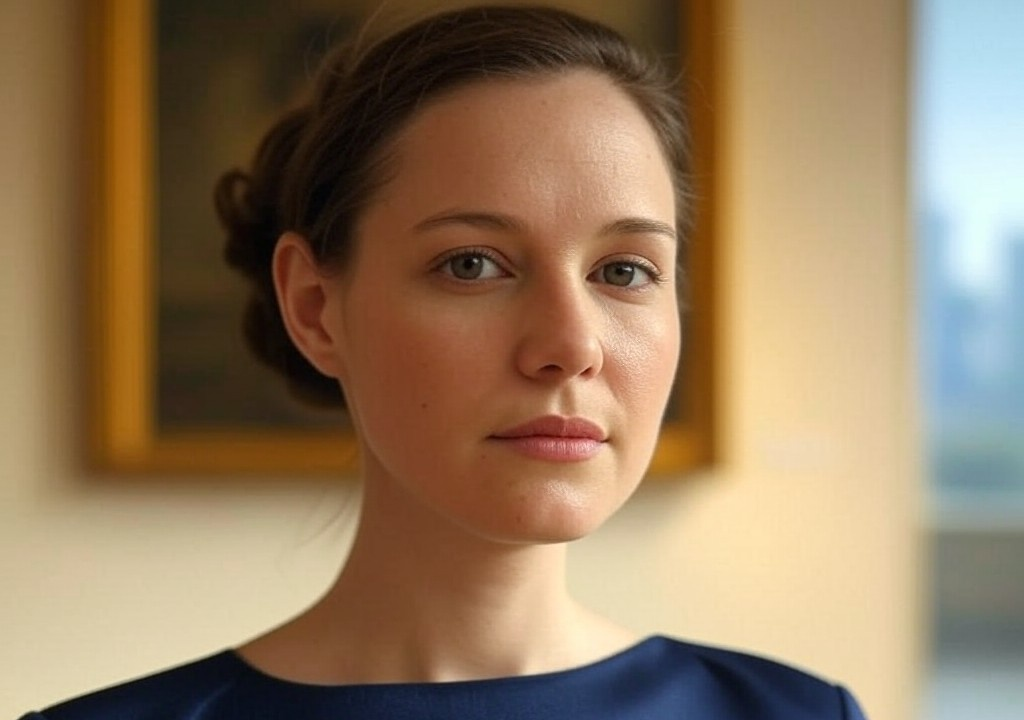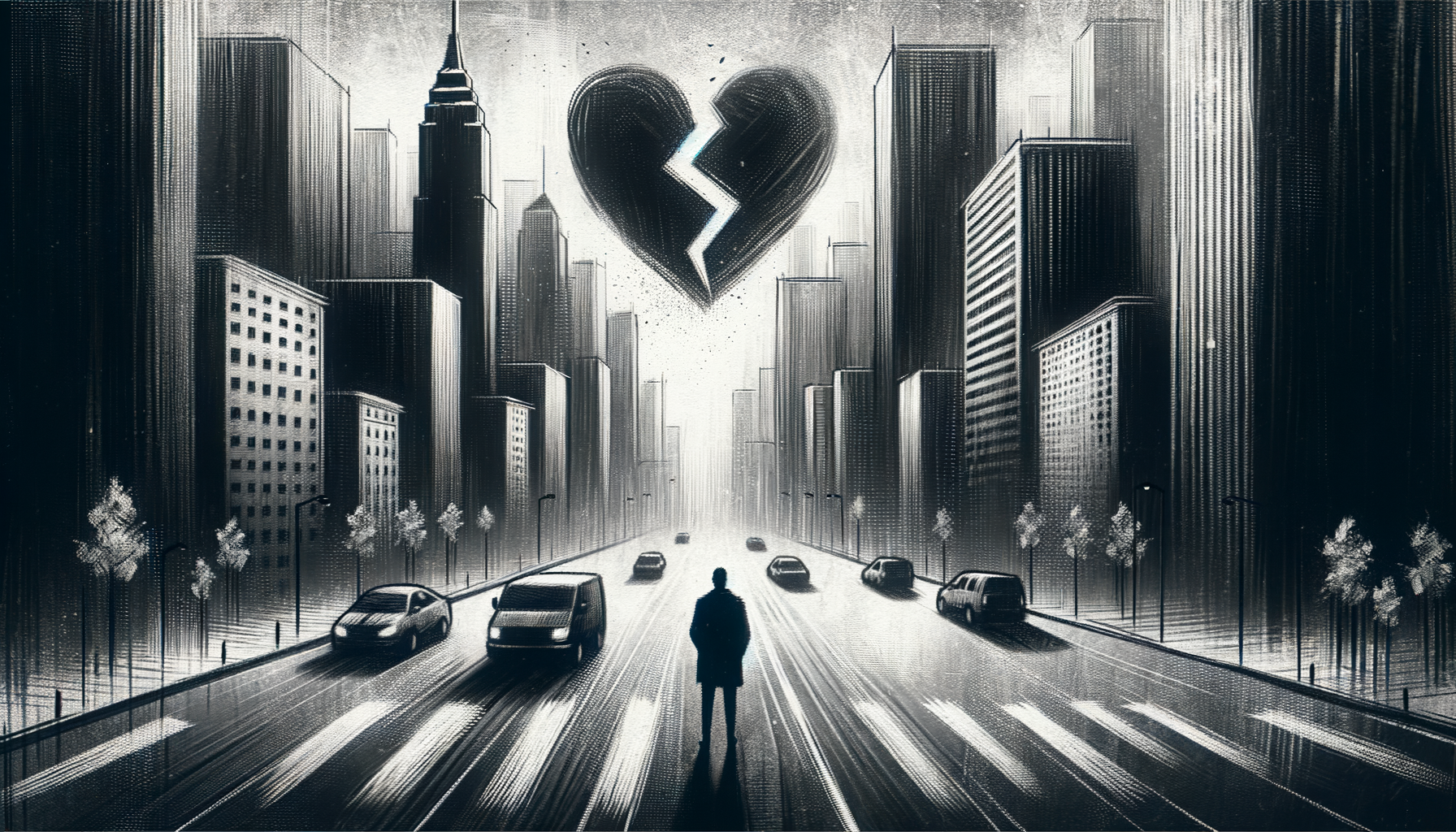"Moving to London will change your life," they said. "Oxford is charming, inspiring, and will make you feel like you’re living in a Jane Austen novel," they proclaimed. And while I can’t entirely argue with those sentiments—yes, cobblestone streets and punting on the Cherwell offer undeniable romanticism—I wasn’t prepared for the seismic shift of dating and relationships in a foreign country. Spoiler alert: It wasn’t all long walks through historic gardens and moonlit chats at pub tables. Let me walk you through one of the most humbling challenges of my adult life: navigating a breakup while 3,000 miles from home.
When the Fairy Tale Crumbles
I met James during my first week at graduate school in Oxford. He was British, naturally—because who moves to England and doesn’t fall for a charming, well-read man who knows his way around a niche whisky distillery? James had that particular kind of charisma—equal parts intellect and ease—that convinces you he’s been touched by the divine hand of Fleming himself, part Bond and part Renaissance art savant. Over freshly pulled pints and whispered unfiltered commentary on the Pre-Raphaelite Brotherhood (our shared interest in brooding 19th-century artists felt like proof of cosmic alignment), our connection practically wrote itself into the romantic canon of my mind.
But fairy tales, as any good Edith Wharton fan knows, usually come with an undertow of quiet tragedy. James had a penchant for disappearing when emotionally challenged—or, let’s be real, when responsibility encroached. What started as a whimsical relationship filled with late-night debates on Turner versus Constable soon gave way to missed text messages, sudden "work trips," and more ghosting than the haunted interior of the Ashmolean Museum. It didn’t take long for me to realize that James was, in the language of pop psychology, emotionally unavailable.
And me? I was the eager overachiever who thought I could earn his affection if I just cracked the code.
The Breakup I Never Saw Coming
The end, as it often is with these things, was patently unremarkable in its form and crushing in its consequence. After weeks of feeling him pull away, James finally sent a curt message—an excuse, a vague apology, and an out. "I think we’re in different places right now," he wrote, as if those were words capable of softening a blow. The Brit had done what I now call "the emotional Houdini"—vanishing with the kind of aplomb that made me question whether the relationship ever really existed.
What made it worse was my circumstance: I was alone in a foreign country with no family and a network of friends I’d only just begun to cultivate. I couldn’t escape to my childhood room for comfort. No group of trusted friends was there to whisk me off for emergency wine and mutual James-bashing. I was left with two things—the aching quiet of my Oxford flat and a terrifyingly reflective prosecco-fuelled journal entry that began with, "Am I unlovable?" (The answer, I’d later learn, is no, Veronica. Calm down.)
Crying in Public Spaces and Other Oxford-Based Activities
When you’re in your twenties—and a breakup breaks you—it’s tempting to rewrite your life as one long cinematic montage. In reality, mine looked far more chaotic than Keira Knightley’s romantic contemplations by windswept cliffs. Think mascara streaming down my face on a bus ride to London, accidental sobs over my brie croissant in the university café, and pausing mid-punt on the river because love felt just as precarious as my amateur rowing skills. (Imagine trying not to fall in every direction—water included—and you’ve captured the spiritual essence of my post-breakup life.)
British culture, I learned, wasn’t particularly designed for massively public displays of emotional unraveling. Where Manhattan might allow for a pity party with a bagel and dramatic pontifications about existential despair in the middle of Union Square, Oxford felt…different. Reserved. Quiet.
I tried to perform heartbreak with a touch of restraint—tears politely disguised as hay fever, pain veiled beneath layers of academic work. And yet, what I’d forgotten in the throes of heartache was the universal truth about surviving messy emotional disasters: leaning into the ugliness is sometimes the most transformative thing you can do.
Lessons in Surviving Emotional Everest
Here’s what James didn’t know: breaking me forced me to rebuild me. Below are the non-negotiable takeaways I learned through beautifully messy trial and error. Think of them as love letters to anyone going through their own impossible moment.
-
Make a Fancy Cheese Plate—and Eat it Alone
Self-pity is an underrated steppingstone to clarity. On particularly hopeless evenings, I’d assemble a spread worthy of a Galerie Maeght opening reception—brie, figs, truffle honey, crackers. Spending intentional, indulgent time with yourself is a radical act of self-love. (I may or may not have toasted to my own greatness aloud. Zero regrets.) -
Redefine Where You Belong
When your relationship becomes your anchor, losing it feels like drifting at sea. I learned to re-root myself in the community I had—over coffee dates with classmates, joining an absurdly competitive pub trivia league, and awkwardly befriending my elderly neighbor who shared gardening tips whether or not I asked. Creating a renewed sense of belonging is like stitching together a patchwork quilt; it won’t fit perfectly at first, but it keeps you warm. -
Let Art Be Your Reclamation Ground
"Find your Degas moment," I told myself. For me, that meant endless afternoons wandering the Ashmolean or sketching Renaissance portrait studies in my notebook. Find what speaks to you—whether it’s painting for yourself, singing in a choir, or jamming to Beyoncé’s Break My Soul on eternal repeat (a masterpiece of post-breakup empowerment, if we’re being honest). -
Cry in Public—and Be Fine with It
This one’s a curveball. At some point, we all need to cry into our overpriced chai latte and say, "So what?" This messy outpouring of emotion humanizes us. It also connects us; more often than not, someone pats your shoulder and offers a napkin or—God bless—their own sob story of regretful exes. And suddenly, you’re reminded that the world is full of people carrying invisible heartaches, just like you. -
Embrace Your Main Character Era
This phase requires a tinge of delusional optimism. Forget James. Were there days I wore a particularly dramatic black cape through Oxford and pretended I was a bohemian poet on the verge of a creative renaissance? Correct. Did I browse first editions of Woolf at Blackwell's Bookshop like my presence was electrifyingly cinematic? Absolutely. Be as cringe and fabulous as your healing requires. You deserve to step into your own light.
The Soft, Empowering Aftermath
Heartbreak is messy, complicated, and often hilariously undignified. For every teary essay I wrote, there was a moment of laughter over comparing James to a disappointing museum wing—beautiful at first glance, but ultimately void of substance upon closer inspection. (Turns out, perspective is everything.)
Today, I revisit my Oxford heartbreak like an old oil painting. From afar, you’d think it was just a landscape of sadness—but up close, you’d see the layers, the brushstrokes, the intricate story of emotional survival and growth. I emerged braver, more centered, and fiercely unwilling to settle for emotional Houdinis moving forward.
So, to anyone enduring their own version of an international heartbreak—or any heartbreak—remember this: It will feel impossible…until it doesn’t. Then one day, you’ll look back, grateful for the masterpiece you became while piecing yourself back together.




















